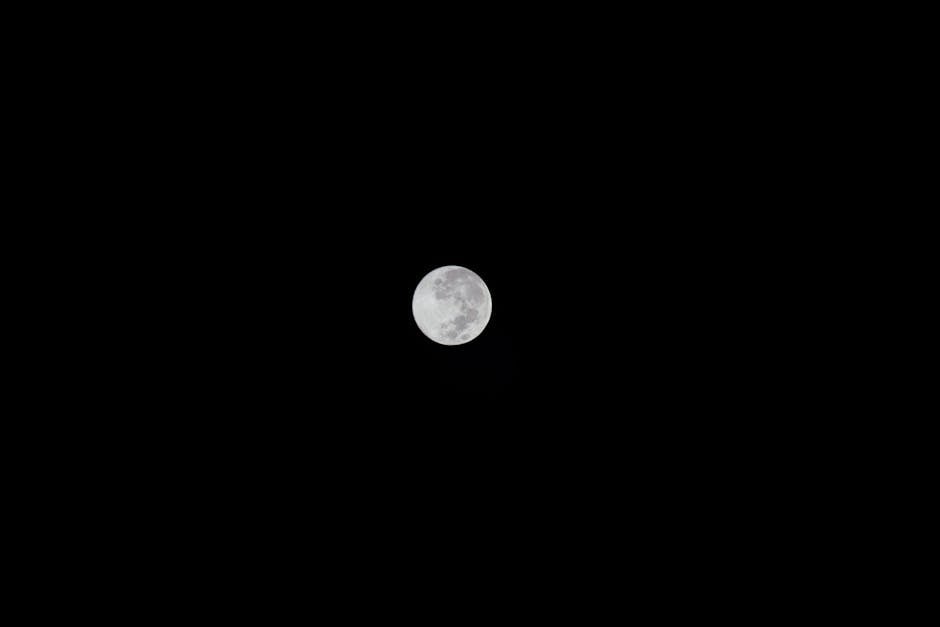The vastness of the cosmos, a tapestry woven with billions of galaxies, each harbouring countless stars, prompts fundamental questions about its existence. A pervasive query echoing through scientific thought is whether the universe had a beginning. This article delves into the scientific perspectives surrounding this profound cosmological issue, exploring evidence, theories, and the unresolved dilemmas that continue to shape our understanding.
A cornerstone of modern cosmology lies in the concept of an expanding universe. Observations, primarily from the redshift of distant galaxies, strongly suggest that the universe is not static but is continuously expanding. This observation, coupled with the cosmic microwave background radiation a faint afterglow from the early universe provides compelling evidence for a past state of higher density and temperature. This leads us to postulate a singularity a point of infinite density and temperature from which the universe seemingly originated.
The Big Bang theory, the dominant cosmological model, posits that the universe emerged from this initial singularity. It describes how the universe evolved from an extremely hot, dense state to the vast and complex structure we observe today. The theory is supported by a multitude of observations, including the abundance of light elements like hydrogen and helium, the observed cosmic microwave background radiation, and the large-scale distribution of galaxies. Critically, the theory’s predictions align with observations, strengthening its validity.
While the Big Bang theory provides a robust framework, it also raises crucial questions. What existed before the singularity? Was it a true beginning, or merely a transition from a prior state? These questions push the boundaries of our current scientific understanding. Some theoretical models attempt to address the issue of the singularity itself, suggesting that it might not be a true starting point but rather a transformation from an earlier, perhaps even cyclical, state.
Inflationary models represent a refinement of the Big Bang theory, attempting to address some of its limitations. This theory posits a period of extremely rapid expansion immediately following the Big Bang, during which the universe expanded exponentially. This period is thought to be essential for explaining the uniformity of the cosmic microwave background radiation and the large-scale structure of the cosmos. While inflationary models have gained traction, they still present open problems and are not universally accepted.
Beyond the Big Bang, alternative cosmological models have emerged. These models often grapple with the implications of a universe that could have existed in an eternally expanding or oscillating state. Cyclic models, for example, propose that the universe undergoes repeated cycles of expansion and contraction, each preceded by a singularity and subsequent expansion. These models attempt to explain the origin of the universe without invoking a singular beginning, although they are frequently met with challenges in reconciling with observational data.
The nature of the singularity itself remains a profound enigma. General relativity, the cornerstone of modern gravitational physics, breaks down at the singularity. The intense gravitational forces and extreme conditions present at this point defy our current understanding. Quantum gravity, a hypothetical theory that aims to unify general relativity with quantum mechanics, is sought as a potential solution. It could explain the behaviour of the universe under such extreme conditions, leading to a more complete understanding of the singularity.
Furthermore, the implications of a beginning extend beyond the scientific realm. Philosophical inquiries often arise concerning the existence of a creator or the nature of time itself. Is the universe contingent or self-sustaining? Scientific inquiries, while striving for objectivity, often intersect with philosophical reflections on our place within the cosmos.
Examining the evidence further, observations suggest the universe is likely spatially infinite, with its expansion continuing. Yet, the concept of a beginning, even if not explicitly proven, is strongly supported by accumulating evidence. The expanding universe and the presence of the cosmic microwave background radiation are key components pointing towards an origination point.
However, definitively proving a beginning remains a significant hurdle. We are limited by the speed of light and our finite ability to observe the earliest moments of the universe. While observations offer strong hints, a definitive answer might always remain elusive. Nonetheless, the ongoing research and exploration in cosmology continue to refine our understanding of the universe’s genesis, pushing the boundaries of our knowledge.
In conclusion, the question of whether the universe has a beginning is a central enigma in modern cosmology. While the Big Bang theory provides a compelling framework supported by substantial evidence, the precise nature of the singularity and the possibilities beyond it remain open questions. Future advancements in physics, particularly in developing a theory of quantum gravity, hold the potential to further illuminate this profound conundrum. Further exploration of alternative models and continued observations will undoubtedly shape our understanding of the universe’s origins and ultimately answer the most fundamental question about our cosmic existence.
